Who We Are
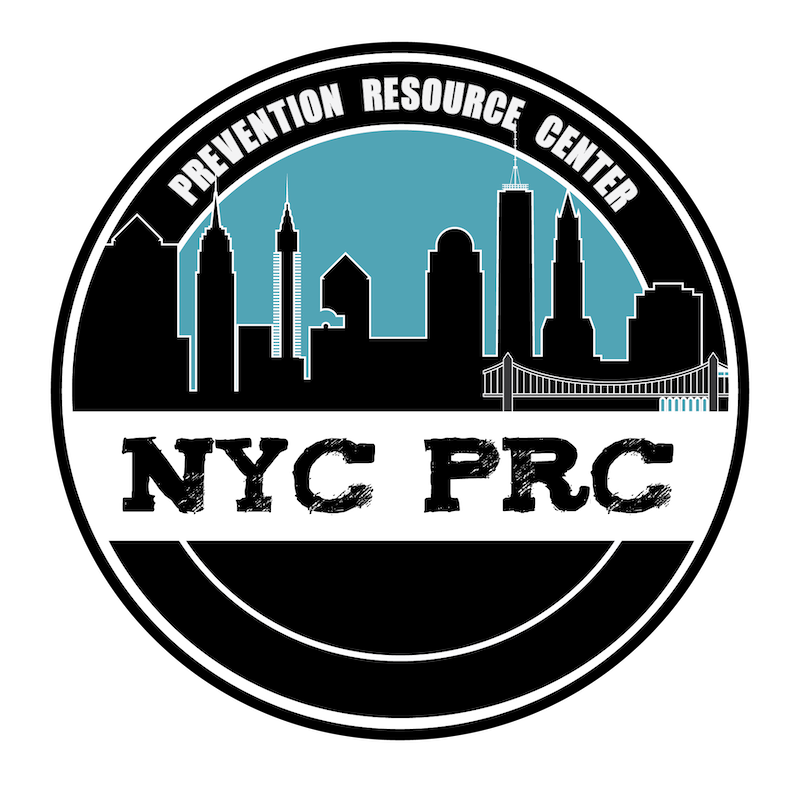 The New York City Prevention Resource Center (NYC PRC) is one of six regional Prevention Resource Centers in New York state. NYC PRC supports prevention coalitions and providers in NYC's five boroughs by offering training and technical assistance to combat substance misuse and drive positive community change. In areas without coalitions, NYC PRC works to establish them in partnership with local leaders. Collaborating with the NYS Office of Addiction Services and Supports and NYC’s Department of Health and Mental Hygiene, the team includes Director Ronni Katz, Community Development Specialists Chevar Francis and Milo Ward, and Fatima Sindhu, who works with NYC Partners of Prevention.
The New York City Prevention Resource Center (NYC PRC) is one of six regional Prevention Resource Centers in New York state. NYC PRC supports prevention coalitions and providers in NYC's five boroughs by offering training and technical assistance to combat substance misuse and drive positive community change. In areas without coalitions, NYC PRC works to establish them in partnership with local leaders. Collaborating with the NYS Office of Addiction Services and Supports and NYC’s Department of Health and Mental Hygiene, the team includes Director Ronni Katz, Community Development Specialists Chevar Francis and Milo Ward, and Fatima Sindhu, who works with NYC Partners of Prevention.
What We Do
Program Support: We provide step-by-step instructions and support on creating new community coalitions and revitalizing existing coalitions.
Technical Assistance: We inform and educate new and existing coalitions on the stages of coalition building and assist with key activities.
Training: We arrange and facilitate mandated training to coalitions and prevention providers on the Strategic Prevention Framework, cultural responsiveness, evidence-based curriculum, and more. See trainings for more information.
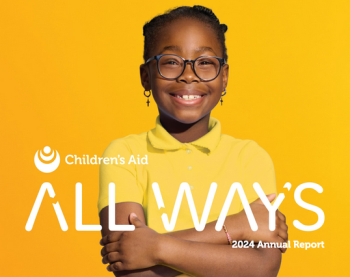
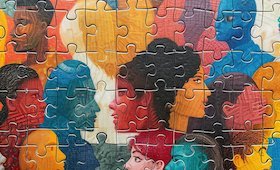



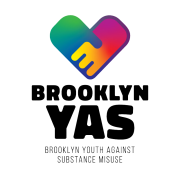
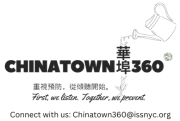

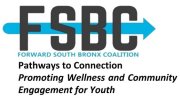
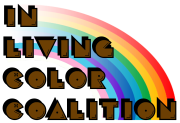

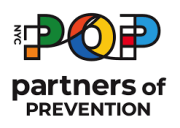

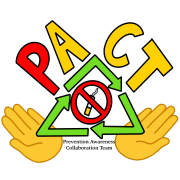
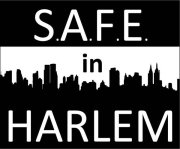
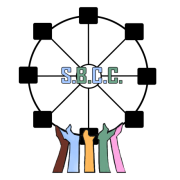
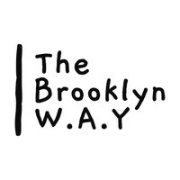

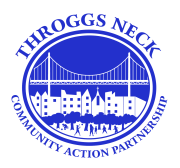
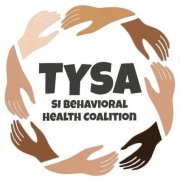
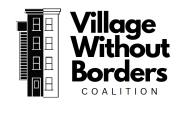

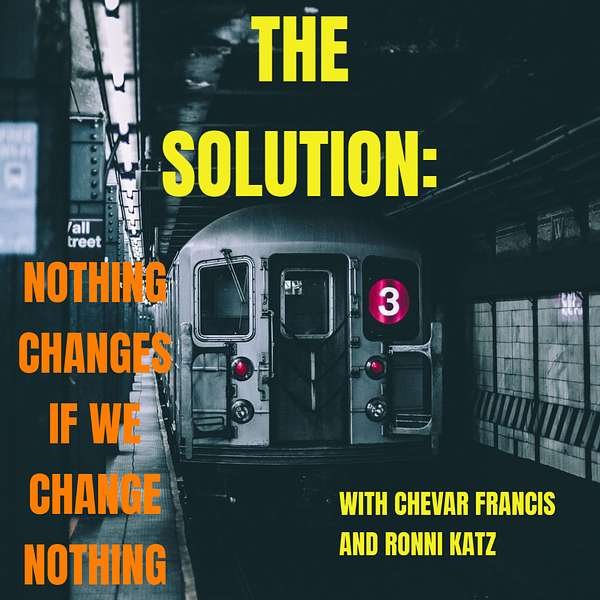
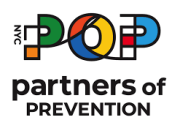 The NYC Partners of Prevention (POP) is a SOR-funded multidisciplinary coalition that addresses substance misuse in creative, innovative ways. NYC POP coordinates, strengthens, and supports prevention efforts across New York City through collaborative policy work, education, and evidence-based interventions.
The NYC Partners of Prevention (POP) is a SOR-funded multidisciplinary coalition that addresses substance misuse in creative, innovative ways. NYC POP coordinates, strengthens, and supports prevention efforts across New York City through collaborative policy work, education, and evidence-based interventions.